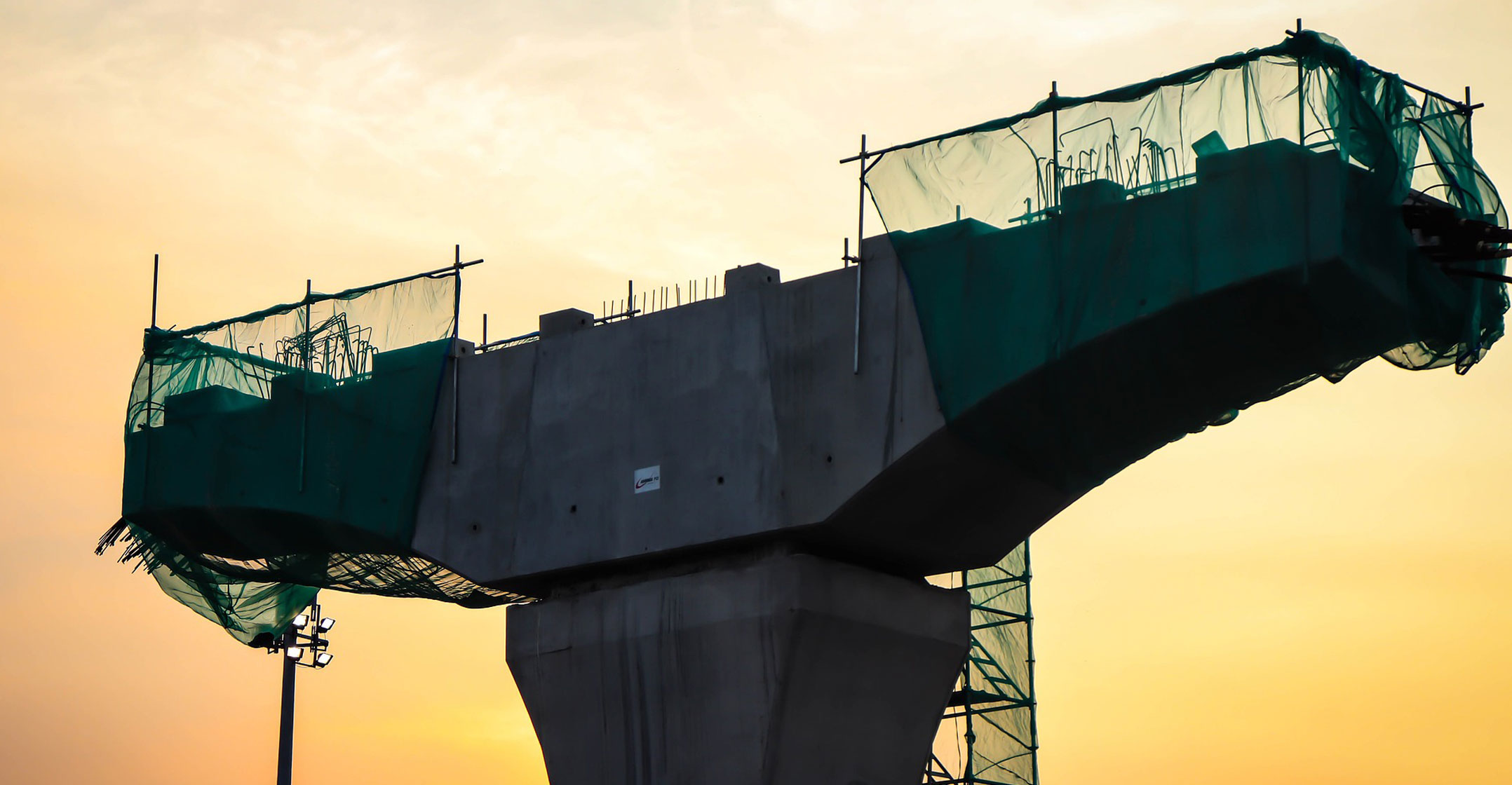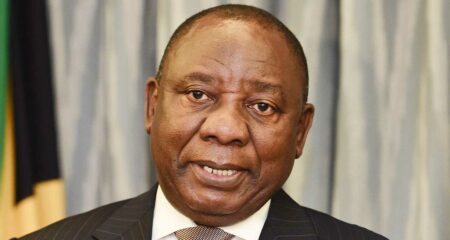
South Africa’s government told asset managers and banks it needs R1.5-trillion of infrastructure investment over the next decade, the country’s biggest specialist fixed-income fund said.
At a meeting at the end of last month, the infrastructure commission in President Cyril Ramaphosa’s office presented projects ranging from water and sanitation to energy and digital infrastructure, said Jason Lightfoot, a portfolio manager at Futuregrowth Asset Management, which oversees about R194-billion.
The presentation was a precursor to a formal announcement of the projects by Ramaphosa on 23 June, when he will launch the biggest drive to date to attract private investment into infrastructure. The government’s ability to fund projects has been constrained by surging debt and the loss of its last investment grade rating on its debt. The coronavirus outbreak is further weighing on revenue collection in an economy that the central bank projects will contract by 7% this year.
“The private sector is ready to fund them as long as they are well structured and managed,” Lightfoot said. Investors will need to be “compensated for the risks that they are taking”.
Ramaphosa’s launch next week will include the participation of Akinwumi Adesina, the president of the African Development Bank, Makhtar Diop, the vice president for infrastructure at the World Bank, and Leslie Maasdorp, vice president of the New Development Bank
The country’s good core network of national economic infrastructure “needs to be expanded significantly to address the demands of a growing economy”, the government said in its draft programme for the event.
Backlogs
South Africa is beset by backlogs in the provision of everything from power generation to water supply. State companies, including the key power utility Eskom are saddled with debt.
The government is also seeking investment in agriculture and housing.
Kgosientsho Ramokgopa, head of the investment and infrastructure office in the presidency, and three of his colleagues didn’t respond to e-mailed requests for comment. He has previously said that the government isn’t seeking to invest money itself.
 Most asset managers and all of South Africa’s major banks attended the meeting, Lightfoot said. Futuregrowth’s holdings include the bonds of a number of state companies.
Most asset managers and all of South Africa’s major banks attended the meeting, Lightfoot said. Futuregrowth’s holdings include the bonds of a number of state companies.
“Pension funds can play a role as many of these transactions are long term in nature and are therefore well suited to meet long-term liabilities,” he said.
The Public Investment Corp, which mainly manages the pensions of state workers, has R2.1-trillion in assets. Privately held collective investment schemes oversee about R2.5-trillion, according to the Association for Savings and Investment South Africa.
One of the proposals being considered is a listed security that would cover a number of projects and would be more suitable for money managers that need more liquidity to access their funds, a person who took part in the event said. The person asked not to be identified as a public announcement hasn’t been made.
Separately, the Association of Black Securities and Investment Professionals is urging the government to give financial institutions so-called black economic empowerment credits for investment in some infrastructure categories, another person with knowledge of the group’s plans said. The proposal hasn’t been made public.
Companies operating in South Africa are more likely to win business, especially from government, if they show they are trying to boost the economic participation of the black majority in the economy. — Reported by Antony Sguazzin, (c) 2020 Bloomberg LP




